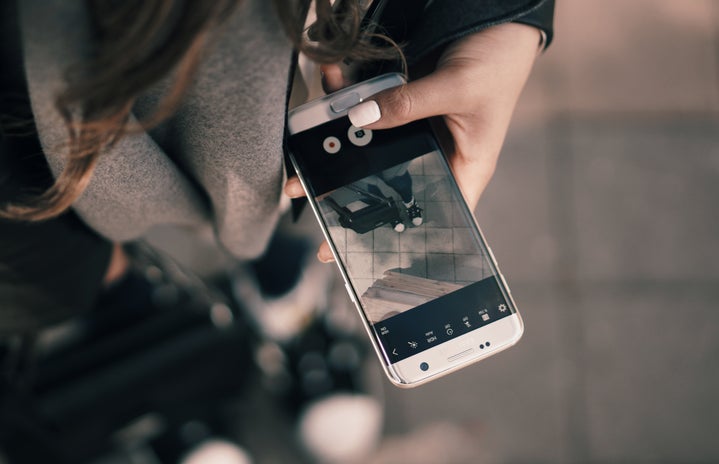I needed to find a job as soon as I got back to Texas for the summer. My parents had made this very clear. Around the middle of February, they began to gently prod me to start looking for potential openings in my hometown. As the months passed these gentle prods evolved into nudges and eventually into shoves as they asked me to report my job hunting progress back to them during every phone call.
Each time I would try to explain that I was very busy with class and each time my father would retort back that if he could be assistant manager of Taco Bell while he was in school and maintain a good GPA, then I could at least see if a Taco Bell near me was hiring.
Chili’s did not believe me when I said I was capable of memorizing their menu. I was too green to handle Cracker Barrel’s intense environment. My hair was not big enough to qualify for employment at Texas Roadhouse. So I ended up applying to work as a photographer at the Schlitterbahn Waterpark.
They say it is the “hottest, coolest time in Texas.” I say it is where happiness goes to die. Since I do not have a criminal record or any face tattoos, I was hired on the spot. I was issued a pair of swim trunks, a visor, and a swimsuit that bordered on too tight and was put to work.
My job was to wade in the lazy river, take pictures of the guests at the park in various locations, and present them with a numbered yellow wristband that could be brought to the Photo Haus. There, the guests would view their photos and had the option to purchase them. In theory, the process seemed simple. The reality was more problematic.
The Schlitterbahn Photo Department was a dying industry.
As iPhones continued to become more waterproof over the years, people did not need to rely on photographers like myself to document their experiences for them. My employers knew this but optimistically sent a large number of photographers into the water to hunt down and photograph the people whose camera phones had been accidentally dropped into the river’s filter.
As soon as people began to float towards me in their inner tubes I would smile and cheerfully say, “Hi! Would ya’ll like to take a picture together?”
My feet would slide out from under me as the chest deep water’s current dragged me unforgivingly downriver.
“No.”
The inner tubes slammed into me from all sides, knocking me off balance.
“Thank you anyways!”
That is how the whole scenario went down most every time. Nobody likes the girl who interrupts their happy, sun drunken stupor to accost them with a weather-beaten Nikon Coolpix. “No” flew at me from all directions in many different ways. Some people were polite, but just as many were less than polite. Adults would splash me in the face “just to be sure that my camera was actually waterproof.” Teenagers would ignore me. Children would shoot jets of water into my ears with little orange and green pistols.
At first, my hypersensitivity made me take each of these rejections and every bit of harassment personally. I hated how small people were making me feel. I hated that I wondered if there was something about me that made people more likely to treat me badly. I hated that my high school nemeses floated by in their inner tubes right when a park guest referred to me as “young man.” But I continued to ask for pictures with a giant false smile on my face because I have a tendency to feel extreme guilt if I do things halfway (and also because I wanted to earn commission).
As the summer progressed, the constant dismissal became less painful. Being treated with blatant disregard felt less like a hornet sting and more like a mosquito bite. I became desensitized to indifference and rejection. While this may seem like I have become an empty and unfeeling shell of the person I once was, I am choosing to view the end result of my summer through a positive lens.
I have stored memories of being turned down in a specialized compartment within my mind. I turn to them not because I want to remember how negatively people made me feel, but because I want to remind myself that I am strong enough to overcome that negativity. I know that failing at some point in life is pretty much a guarantee. I also know that fear of things like failure and rejection is the best way of convincing yourself not to try. Even if you really do not want to, and even if the possibility of hearing the word “no” is great, you must ask those people if you can take their picture. If they say no, you will be just fine. Another person in an inner tube is headed straight towards you.


